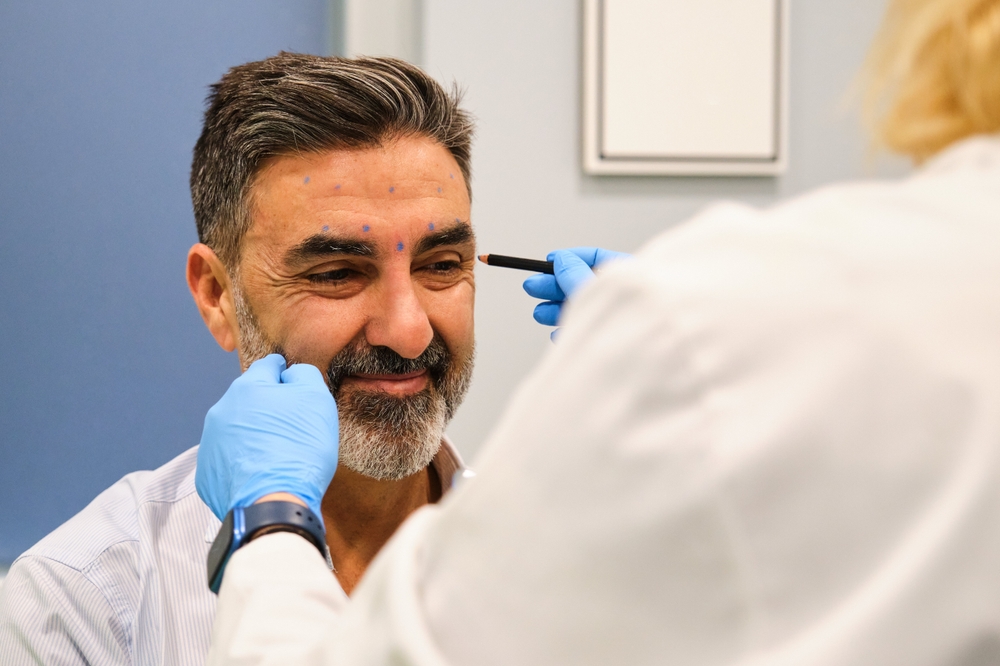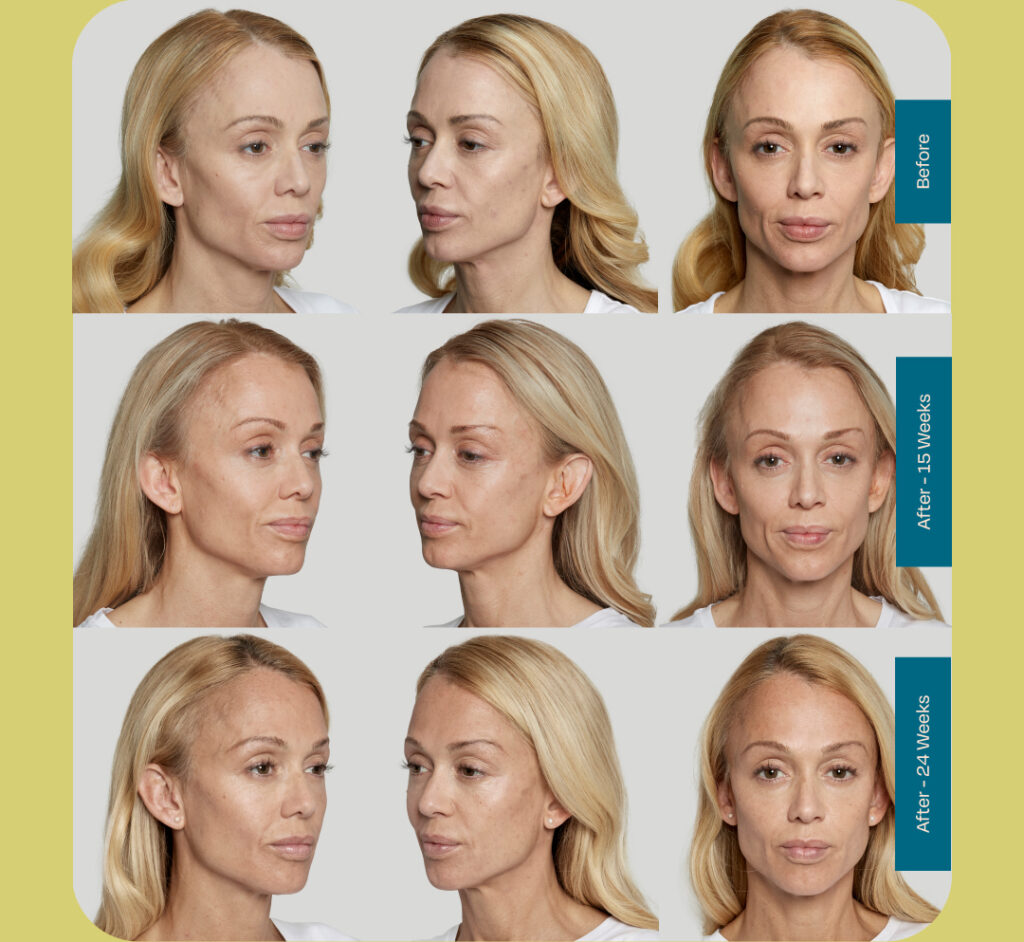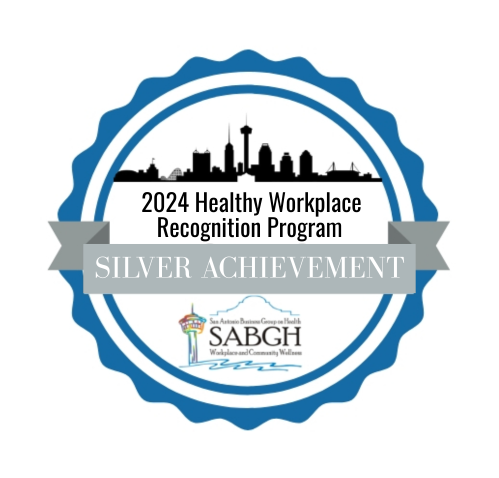We seem to put a lot of importance on scores. There are tons of sports scores to follow every day, we just got past election scores, and some people even hold on to remembering their SAT scores from high school. But what about your health scores? You may know your cholesterol level and other conventional parameters of low significance, but do you know one of the most important scores to predict how long you will live?
That would be your Coronary Calcium Score. The coronary calcium score is evaluated via a coronary calcium scan. Coronary calcium scans use a special X-ray test called computed tomography (CT) to check for the buildup of calcium in plaque on the walls of the arteries of the heart (coronary arteries). Calcifications in the coronary arteries are an early sign of coronary heart disease (CHD). CHD is a disease in which a waxy substance called plaque builds up in the coronary arteries.
Over time, plaque can harden or rupture (break open). Hardened plaque narrows the coronary arteries and reduces the flow of oxygen-rich blood to the heart. This can cause chest pain or discomfort called angina. If the plaque ruptures, a blood clot can form on its surface. A large blood clot can partially or completely block blood flow through a coronary artery. This is the most common cause of a heart attack. Over time, ruptured plaque also hardens and narrows the coronary arteries.
The coronary arteries supply blood to the heart. Normally, the coronary arteries do not contain calcium. Calcium in the coronary arteries is a sign of coronary artery disease (CAD). Your Coronary Calcium Score gives you the following information:
- If your score is 10 or under, you have less than 3% chance of a heart attack in the next year, but 30% over the next ten years (assuming it stayed the same).
- If your score is 101-400, your chances go to 12% each year, or 120% in the next ten years.
- If your score is over 400, you have a 50% chance of a heart attack within the next year, and you need to get very serious about your plans for reversing it, ASAP!
So, what would be some good natural steps to take first? Start with the diet – incorporate a plethora of nutrient-rich, high fiber vegetables and antioxidant-dense fruits. Add a few quality grains like steel cut oats. Steer clear of processed foods that are high in saturated fats, sugar and sodium. Then complement with supplements and food sources of garlic, omega-3’s, plant sterols, magnesium and vitamins C and K2. Top it off by refining lifestyle factors like exercise, sleep, hydration and stress management, and you just may be on your way to reducing your Coronary Calcium Score. (Because you won’t have a chance at lowering your golf score if that number stays high…)
















